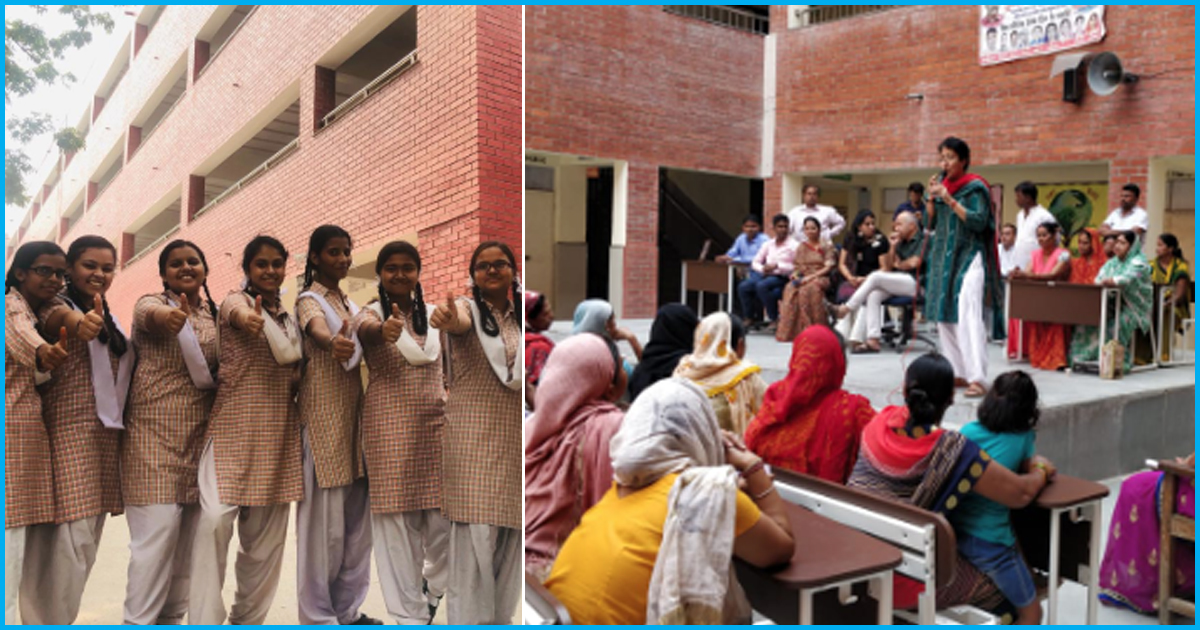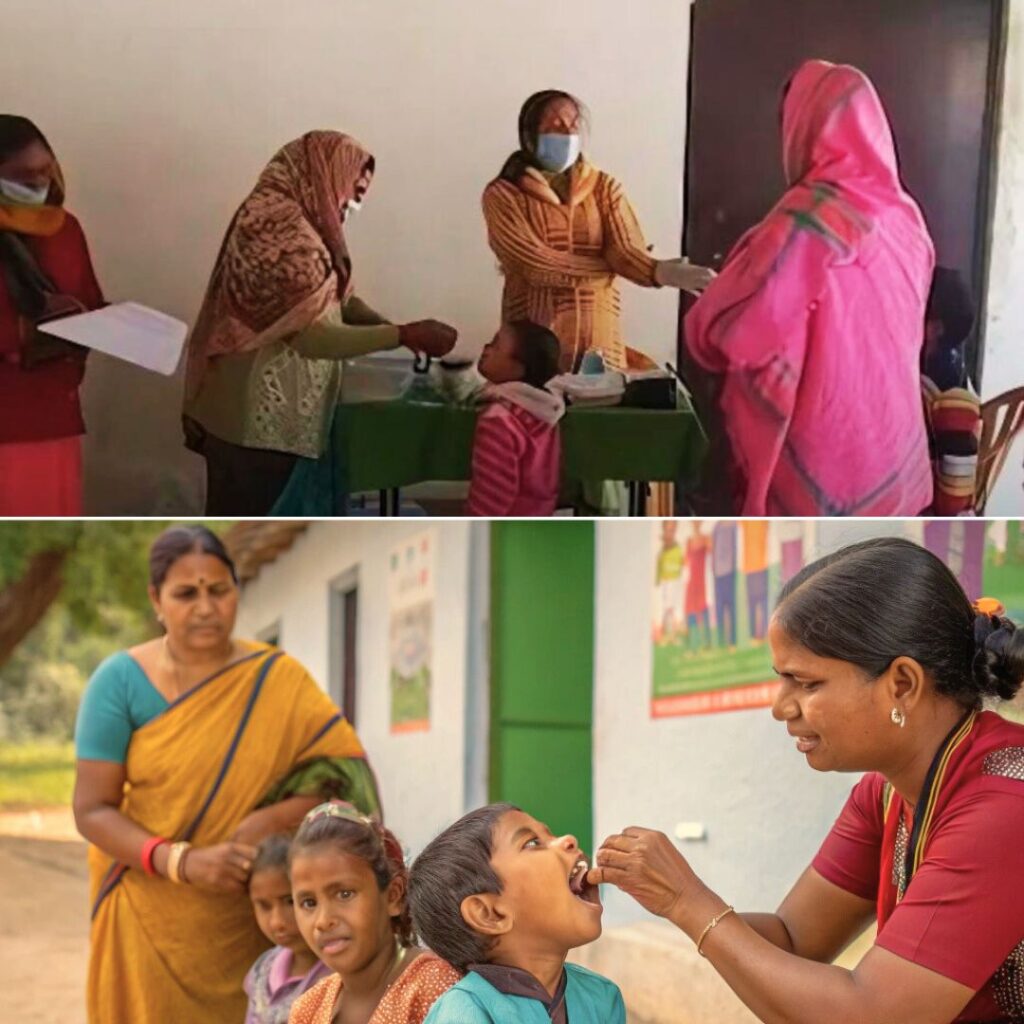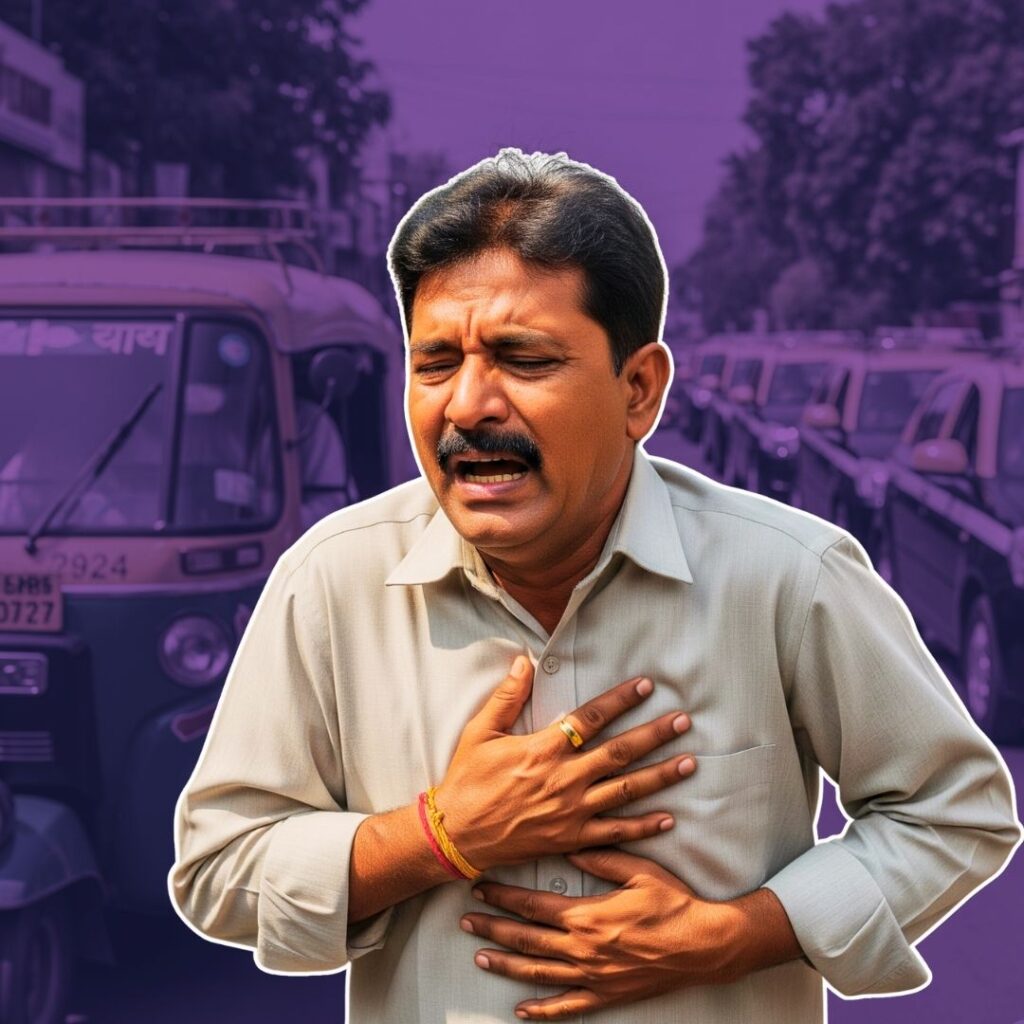Delhi has been seeing a revolution in education in the past three years. Government schools, neglected and ignored so far, are seeing a revival such that a shift of students from private schools to government schools has started happening. Students, teachers, management and infrastructure, all are being energised and rejuvenated by the initiatives taken by the the Delhi government. As former education advisor to Delhi government Atishi had said, “No country in the world’s history has become developed without providing high-quality education and health care to its people.” In that spirit, the Delhi government has delivered large-scale reforms in government schools in three years.
One of the secrets of these reforms has been a deep faith in all stakeholders to do the right thing. For example, the government has decentralised the administration of schools to Right to Education Act mandated School Management Committees (SMCs) over the last three years. This is the model of governance followed by the United States of America for managing its public schools.

School Management Committee(SMC) – bridge between school and parents
This radical and game-changing initiative has brought tremendous accountability within the school as now school authorities have become answerable to parents. The SMCs act as a bridge between the school management and the community from which the students come to attend these schools. The involvement of the community in the management of schools plays a very vital role in the overall development of students, the school management and the community itself.
Let’s understand how these SMCs work and how they impact social development. Each SMC comprises 12 elected parents of students, the school Principal, 1 teacher, 1 elected representative and 1 social worker. In 2015, for the first time parents were elected out of eligible parents of 16 lakh children. 12,000 parent members positions were filled in over 1000 schools run by Delhi Government.
The Delhi government’s Education department ensured a seamless election by deploying Delhi, Andaman and Nicobar Islands Civil Service (DANICS) officers and Superintendents as Observers.

Parents of 16 lakh children got to vote and therefore have a say in the running of the schools. This kind of massive involvement of the community in the management of schools shows that education has been seen as an agent of change in the society. There is a sense of positive engagement as well as greater accountability. Parents are the most invested stakeholders in schools as stated by the Delhi Education Minister, Mr Manish Sisodia and therefore their involvement in decision making and responsibility of schools can only bring about a better system of education.

Deputy Chief Minister and Education Minister, Shri Manish Sisodia said about the elections, “Community and parent involvement in keeping government schools accountable, has proved to be the most effective reform in Delhi government schools. Parents of children are naturally the most invested stakeholders in the schools and they have successfully used the SMC platform to improve the condition of schools from within. The SMC system has cemented the culture of community participation in the management of public schools in Delhi.”
SMCs have helped form a partnership between parents and teachers for the betterment of the students and this has brought about a phenomenal change in the way schools function and grow.
The Delhi Government has further empowered these SMCs by giving them financial powers to the tune of 5 lakhs per annum, per school, per shift. These funds can be utilised by the SMC to do maintenance and other works as decided by the SMC. This initiative sets the management free from having to run to the Directorate for approval of every little cost of maintenance. The funds can also be used to engage subject experts, guest teachers etc as and when required. Personnel to promote and help with competitive exams for medical, engineering, architecture, law and career counselling too can be employed via the usage of these funds. Thus, the schools acquire autonomy and accountability through the allocation of the funds.

The positive impact of such changes cannot be denied. The empowerment and enabling of SMCs has begun to yield phenomenal results and the future can only be brighter for Delhi govt schools, with both the govt and the community so thoroughly invested in the education system. Good times are indeed ahead for students, teachers and parents of Delhi govt schools.
Reported by Madhulika Prakash for The Logical Indian











